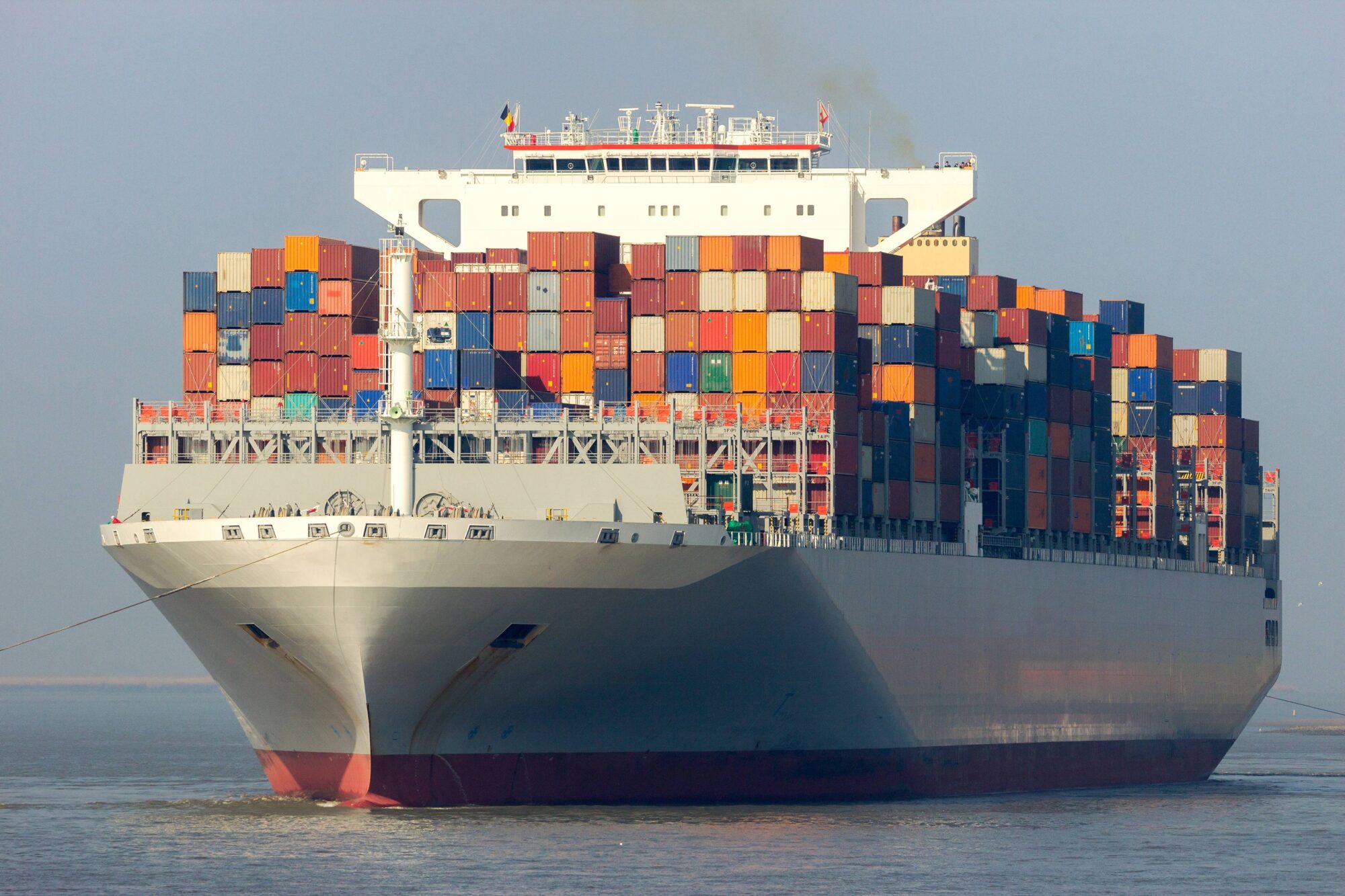
Humanity United’s work on forced labor began as a focus on specific commodities such as seafood, bricks, gold, cotton, and palm oil. However, we quickly came to realize that it is the structure of global production networks that allows for labor exploitation and environmental harms to persist regardless of the industry or geography. The fact that the widespread illegal treatment of workers and violation of company codes of conduct can occur with near impunity confirms gaps in accountability built into the global economy.
We believe all workers — even those at the lowest tiers of the supply chain — are entitled to conditions that protect their human rights and promote their human dignity.
For many years, we focused on Corporate Engagement strategies, hoping to drive a “race to the top” in corporate practice through benchmarking company performance, investing in technology tools and solutions, and supporting multi-stakeholder initiatives. It was during this period that we developed the KnowTheChain platform, which ranks company risk exposure, in addition to later incubating the Working Capital Fund.
In 2019, Humanity United and a diverse set of stakeholders re-evaluated the dynamics that allow forced labor and human trafficking to persist in supply chains and the ways our Corporate Engagement strategy had interacted with this system. We found that the areas where we were uniquely suited to intervene had shifted, and we reshaped and renamed our strategy as a result.
Our Global Supply Chains strategy today takes a systems change approach and is focused on specific opportunities to drive accountability for corporations regarding how their business practices impact the lives of workers. Our work continues to evolve alongside our partners and focuses on three leverage areas: Worker Power, the Financial Sector, and Integrated Data.
Worker Power
Despite growing expectations that major brands and retailers act on human rights violations in their supply chains, corporate efforts have failed to meaningfully engage workers who often lack the power, access, and resources to impact supply chain dynamics at scale. To achieve justice and remedy for those who toil at the base of the global economy, worker-driven solutions are needed that build solidarity among labor and other rights-based movements in addition to bridging divides between local, national, regional, and global dialogues. These efforts must promote democracy and diversity to ensure organizing is credibly grounded in the representation of worker demands as well as consciously inclusive of marginalized communities that face added barriers to their rights at work.
Financial Sector
Corporate shareholders are uniquely positioned to influence company policies and practices, including the protection of fundamental labor rights for workers in supply chains. Financial actors help enable a system that prioritizes profits over worker protections and incentivizes the opacity of supply chains where workers can be exploited. Mandatory reporting and due diligence requirements, voluntary efforts by companies, and investor pressure have elevated the visibility of the abuse and exploitation of workers, but progress toward better outcomes continues to be slow. After years of working with corporations to adopt policies and practices to prevent forced labor in their supply chains, we recognize the importance of financial actors in our approach. Shareholders play a critical role in holding companies to account, while also needing to embrace their own responsibility for contributing to the extractive nature of the system.
Integrated Data
The amount of supply chain labor rights data and the number of tools and initiatives that use data are growing due to increasing interest by corporations, the launch of initiatives to grow the market for responsible supply chain tools, and innovation in data gathering through technology. Supply chain labor rights data will become even more important as technologies like blockchain, artificial intelligence, and the Internet of Things continue to take hold. Additionally, the COVID-19 crisis has proven the need for enhanced and widespread labor rights data about supply chains. We see open and integrated approaches to this data and infrastructure for supply chain labor rights data as important to facilitating greater impact and ensuring better outcomes for workers.
Our grantees include:
- Asia Floor Wage Alliance
- Asso-Sherpa
- Business & Human Rights Resource Centre
- Committee on Workers’ Capital
- CIERTO
- European Coalition for Corporate Justice
- Global Labor Justice-International Labor Rights Forum
- Investor Alliance for Human Rights
- Mama Cash
- Open Apparel Registry/Open Supply Hub
- Open Data Institute
- openDemocracy Beyond Trafficking & Slavery
- Rights CoLab
- The Investment Integration Project
- Worker Rights Consortium